TERMS Unit 4: Marketing Chapter 26: The seven Ps of the marketing mix
1/37
There's no tags or description
Looks like no tags are added yet.
Name | Mastery | Learn | Test | Matching | Spaced |
|---|
No study sessions yet.
38 Terms
digital promotion
the use of the internet, mobile devices social media, search engines and other channels to communicate with consumers to provide information about products and encourage the purchase of them

marketing mix
the key decisions that must be taken in the effective marketing of a product
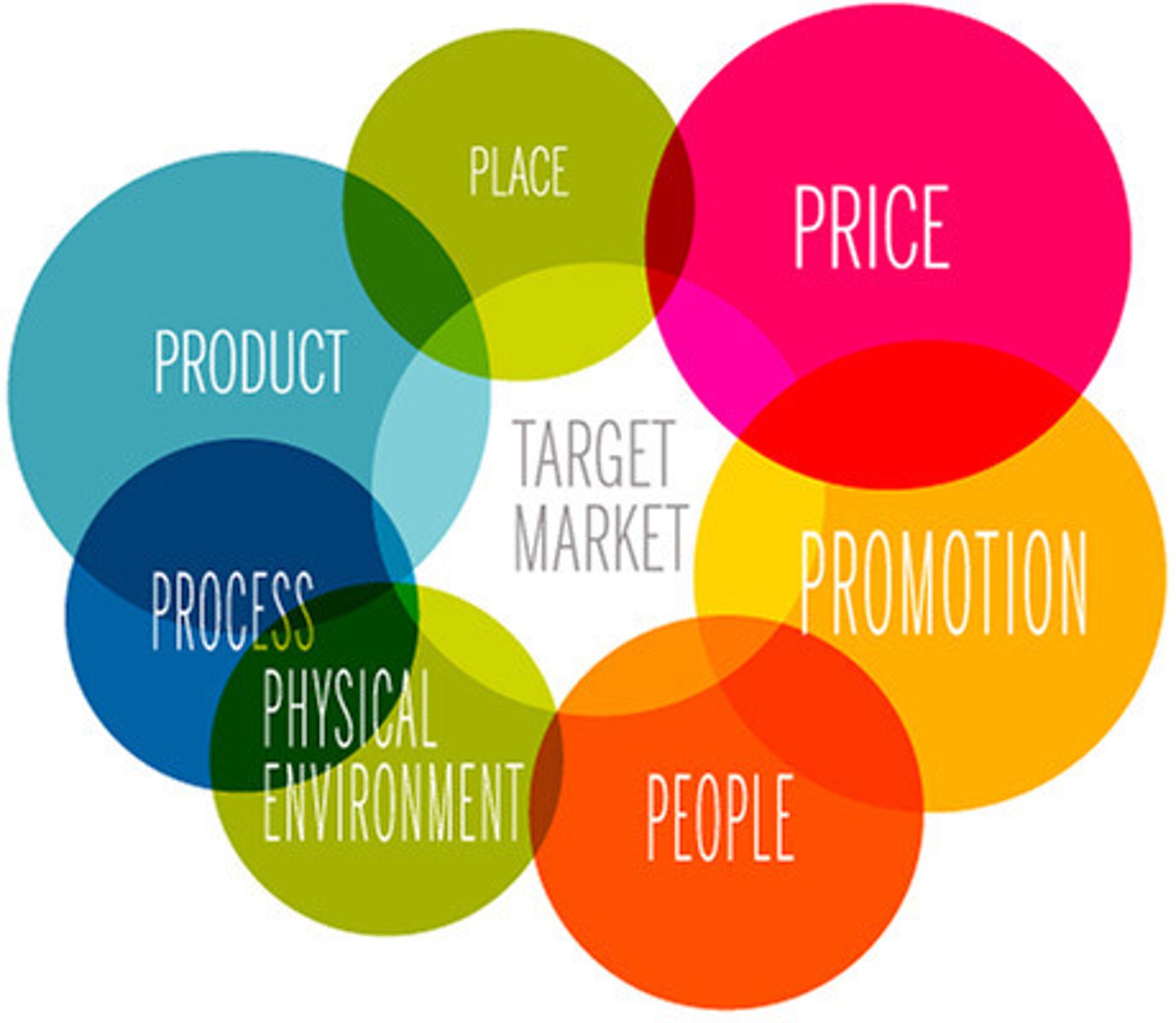
coordinated marketing mix
key marketing decisions complement each other and work together to give customers a consistent message about the product
product
the end result of the production process sold on the market to satisfy a customer need
consumer durables
manufactured products that can be reused and are expected to have a reasonably long life, such as cars

product life cycle
the pattern of sales records by a product from launch to withdrawal from the market
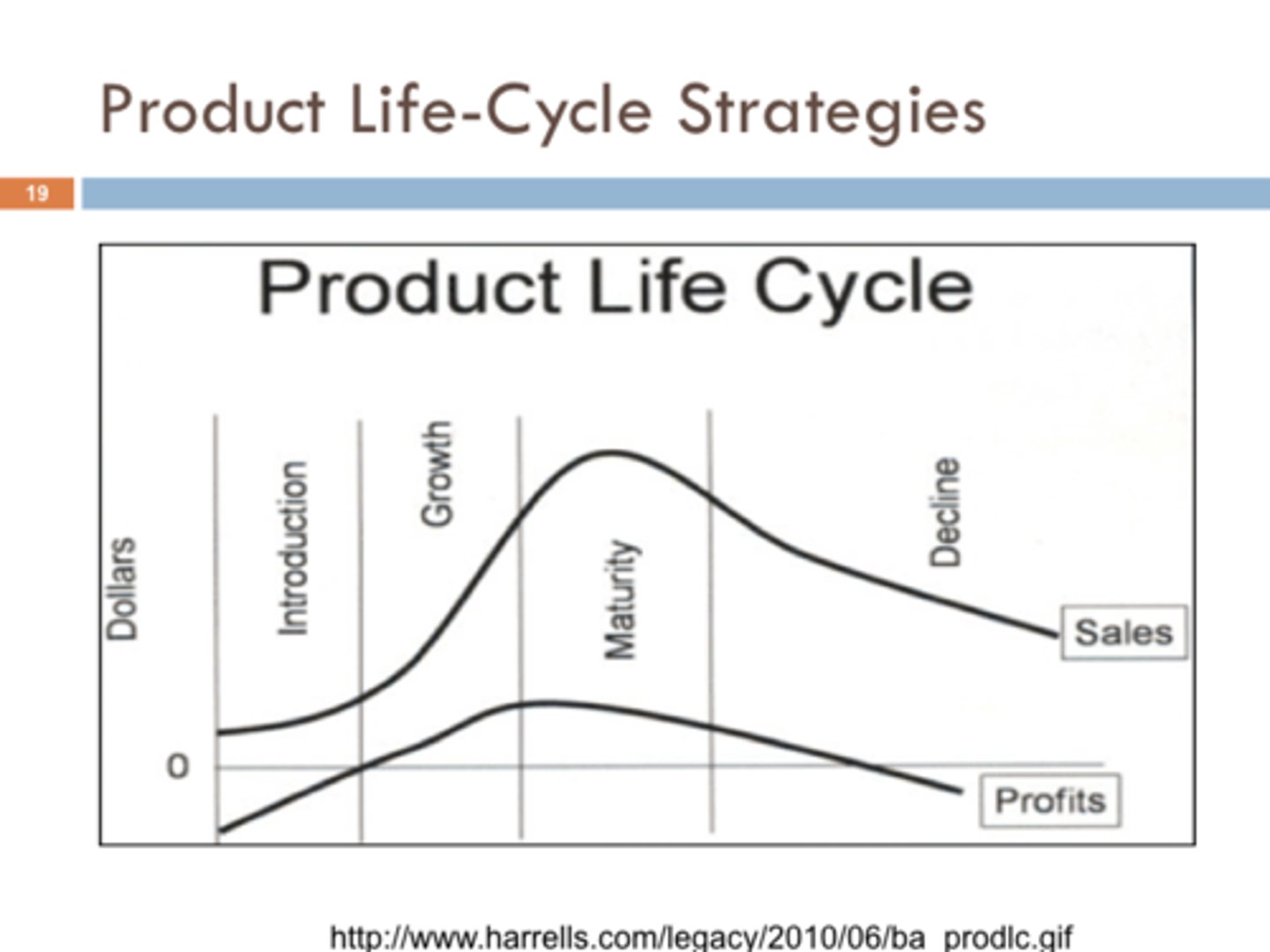
product portfolio
the collection of all of the products (goods and services) offered for sale by a business
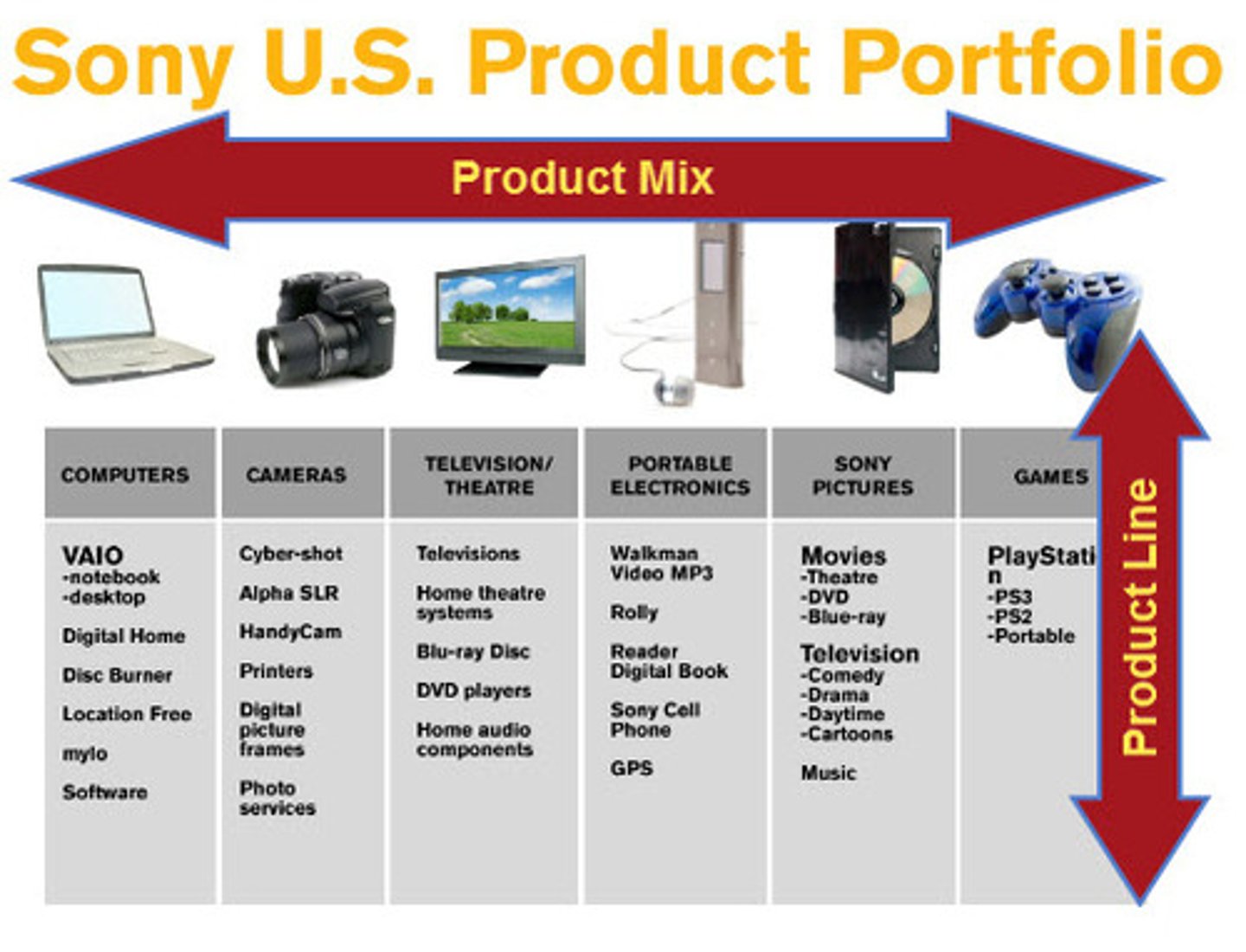
extension strategies
marketing plans that extend the maturity stage of the product before a brand new one is needed

extension strategies examples
- add features to the original product
- repackage a product
- discount the price
- rebrand
- sell into new markets, e.g. export markets
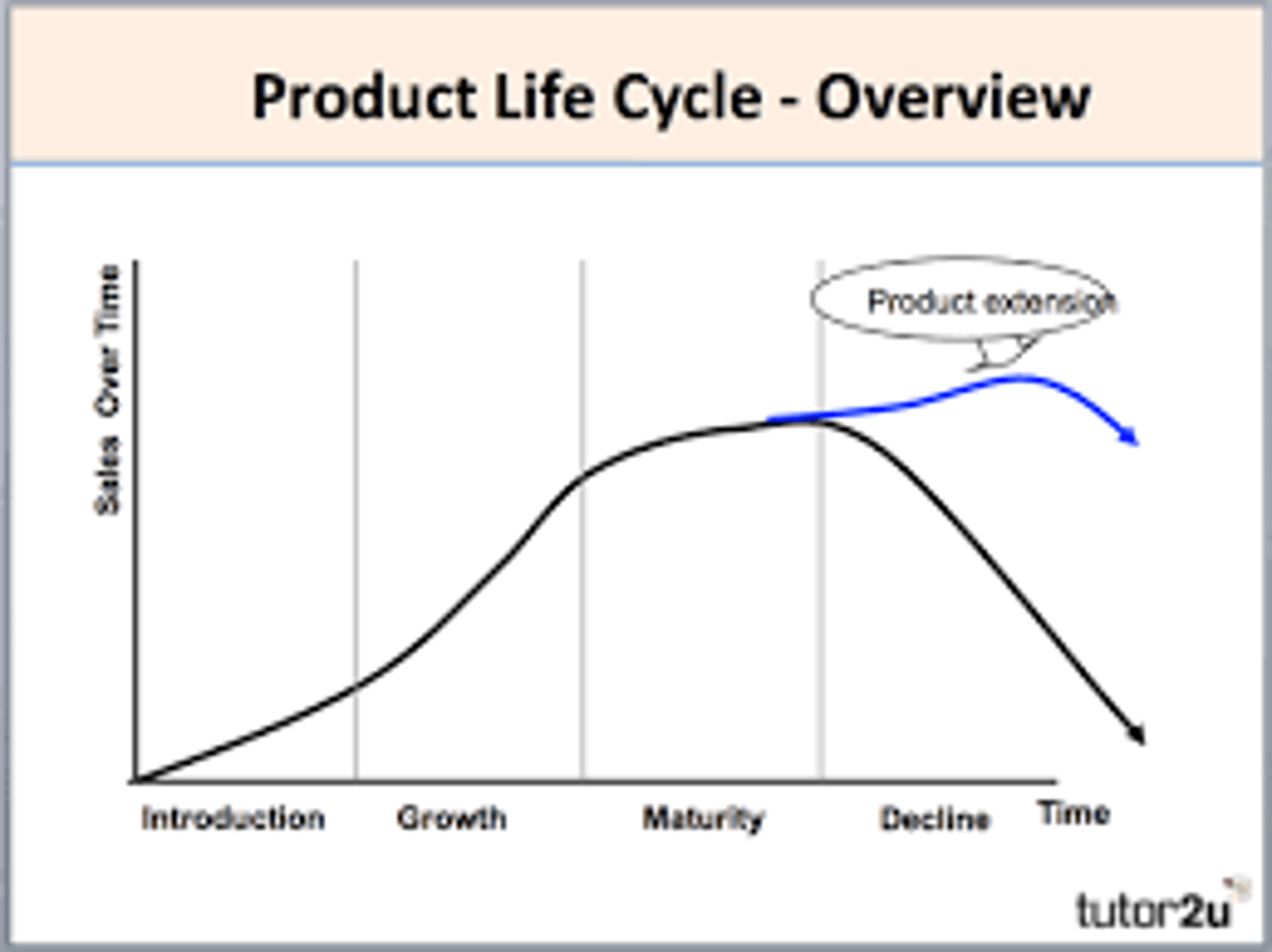
brand
an identifying symbol, name, image or trademark that distinguishes a product from its competitors
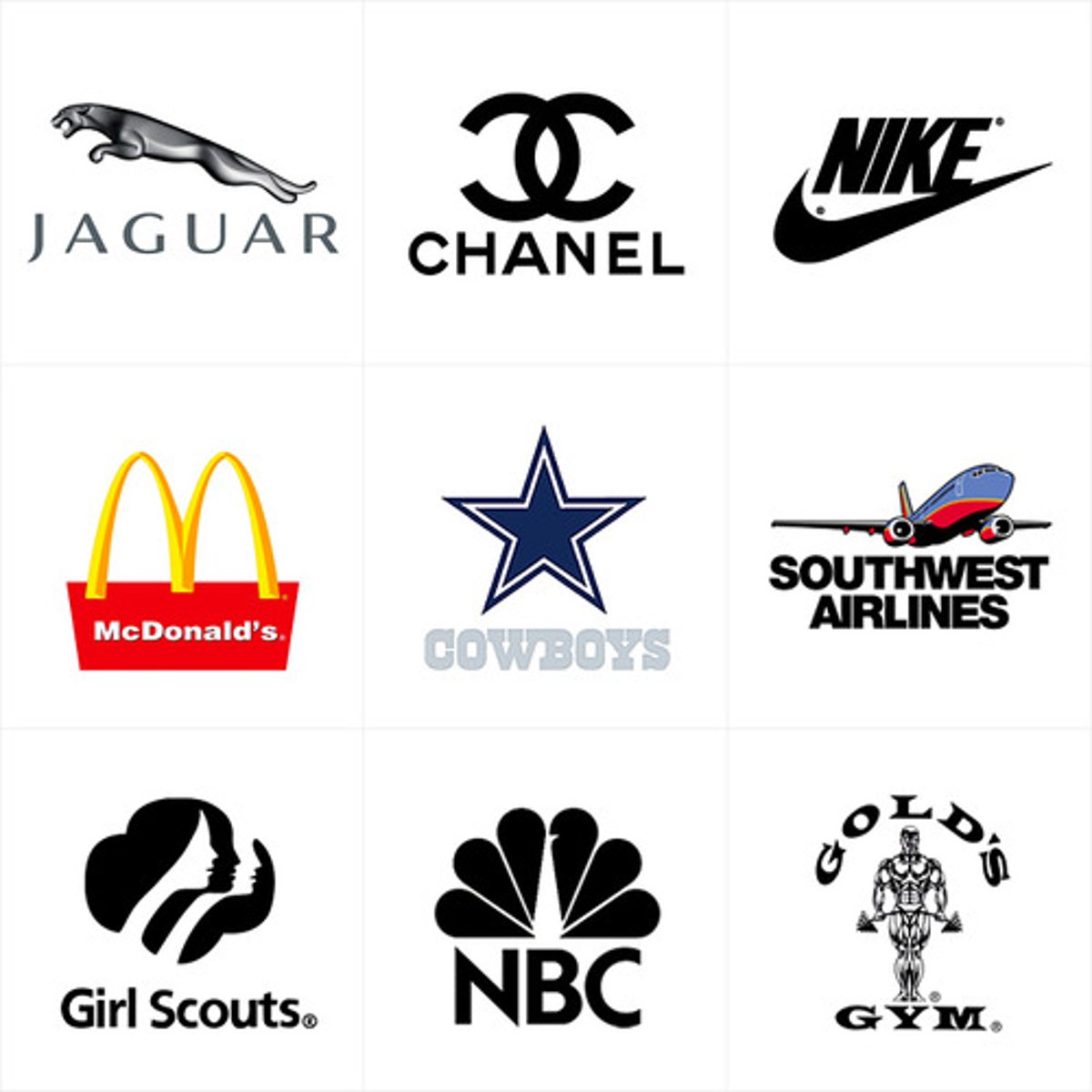
brand awareness
the extent to which a brand is recognised by potential customers and is correctly associated with a particular product - can be expressed as a percentage of the target market

brand loyalty
the faithfulness of consumers to a particular brand as shown by their repeat purchases irrespective of the marketing pressure from competing brands
brand development
measures the infiltration of a product's sales, usually per thousand population; if 100 people in 1000 buy a product, it has a brand development of 10
brand value (or brand equity)
the premium that a brand has because customers are willing to pay more for it than they would for a non-branded generic product
trademark
a distinctive name, symbol, motto or design that identifies a business or its products - can be legally registered and cannot be copied
cost-plus pricing
adding a fixed mark up to the unit cost of a product to cover overhead costs and for profit
mark up
the extra amount or percentage added to the cost of goods to give the retail or selling price
penetration pricing
setting a relatively low price often supported by strong promotion in order to achieve a high volume of sales
loss leader
product sold at a very low price to encourage consumers to buy other products
predatory pricing
deliberately undercutting competitors' prices in order to try to force them out of the market
premium pricing
setting a price above that of competitors with the aim of developing a superior image of the product
dynamic pricing
offering products at a price that changes according to the level of demand and the customer's ability to pay
competitive pricing
making pricing decisions based on the price set by competitors
contribution pricing
setting prices based on the variable costs of making a product, in order to make a contribution towards fixed costs and profit
price elasticity of demand (PED)
a measure of the responsiveness of demand for a product following a change in its price;
PED = percentage change in quantity demanded / percentage change in price
promotion
the use of advertising, digital promotions, sales promotion, personal selling, direct mail, trade fairs, sponsorship and public relations to inform consumers and persuade them to buy
above-the-line promotion
a form of promotion that is undertaken by a business by paying for communication with consumers, e.g. advertising
below-the-line promotion
promotion tat does not use directly paid-for means of communication but is based on targeting individual market segments or individual consumers with incentives to purchase, e.g., sales promotion techniques
customer relationship management
the strategies and techniques a business uses to interact and communicate with customers
sales promotion
incentives such as special offers or special deals directed at consumers or retailers to achieve short-term sales increases and repeat purchases by consumers
through-the-line marketing
an integrated marketing strategy that combines elements of both above-the-line and below-the-line promotion
online marketing
advertising and marketing activities that use the internet, email and mobile communications to encourage direct sales via electronic commerce
viral marketing
the use of social media sites or text messages to increase brand awareness or sell products
channel of distribution
the chain of intermediaries a product passes through from producer to final consumer
process
procedures and policies that are put in place to provide the service or the product to the consumer
physical evidence
the ways in which the business and its products are presented to customers
intangible product
a non-physical product (a service) provided to a consumer, such as an insurance policy or a car repair
tangible product
a physical object that can be touched, such as a building, car, tablet computer or clothing
